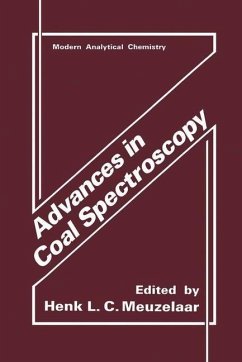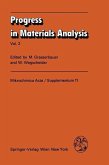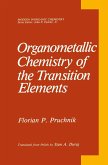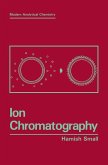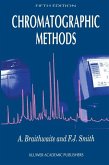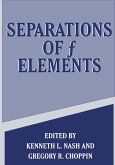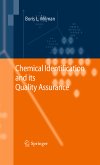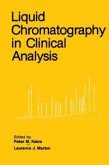The past decade has witnessed major advances in our understanding of the chemical composition, structure, and reactivity of the complex organic-rich fossil matter known as "coal. " Nevertheless, important scientific questions concerning molecular weight distributions, degree of crosslinking, typical duster sizes, type of interconnecting bridges, the possible role of a "mobile phase," and the nature of organic sulfur forms remain topics of heated debate. Moreover, there appears to be a notable lack of consensus regarding the overall direction and goals of structural elucidation work. Is it worthwhile to study whole coal samples, or should we separate out the various, more or less well-defined, maceral and mineral constituents before attempting to describe the structural and compositional features of coal at the molecular Ievel? Second, should there be more emphasis on key structural features and average statistical parameters, or is it necessary to identify individual chemical structures in considerable detail? From the developments of the past decade it is clear that advanced spectroscopic techniques are playing an increasingly important role in resolving difficult questions with regard to the chemical structure and composition of coal. Moreover, it has become equally clear that no single spectroscopic approach can provide all the answers but multiple techniques need to be used in a highly integrated and synergistic manner.
Dieser Download kann aus rechtlichen Gründen nur mit Rechnungsadresse in A, B, BG, CY, CZ, D, DK, EW, E, FIN, F, GR, HR, H, IRL, I, LT, L, LR, M, NL, PL, P, R, S, SLO, SK ausgeliefert werden.

